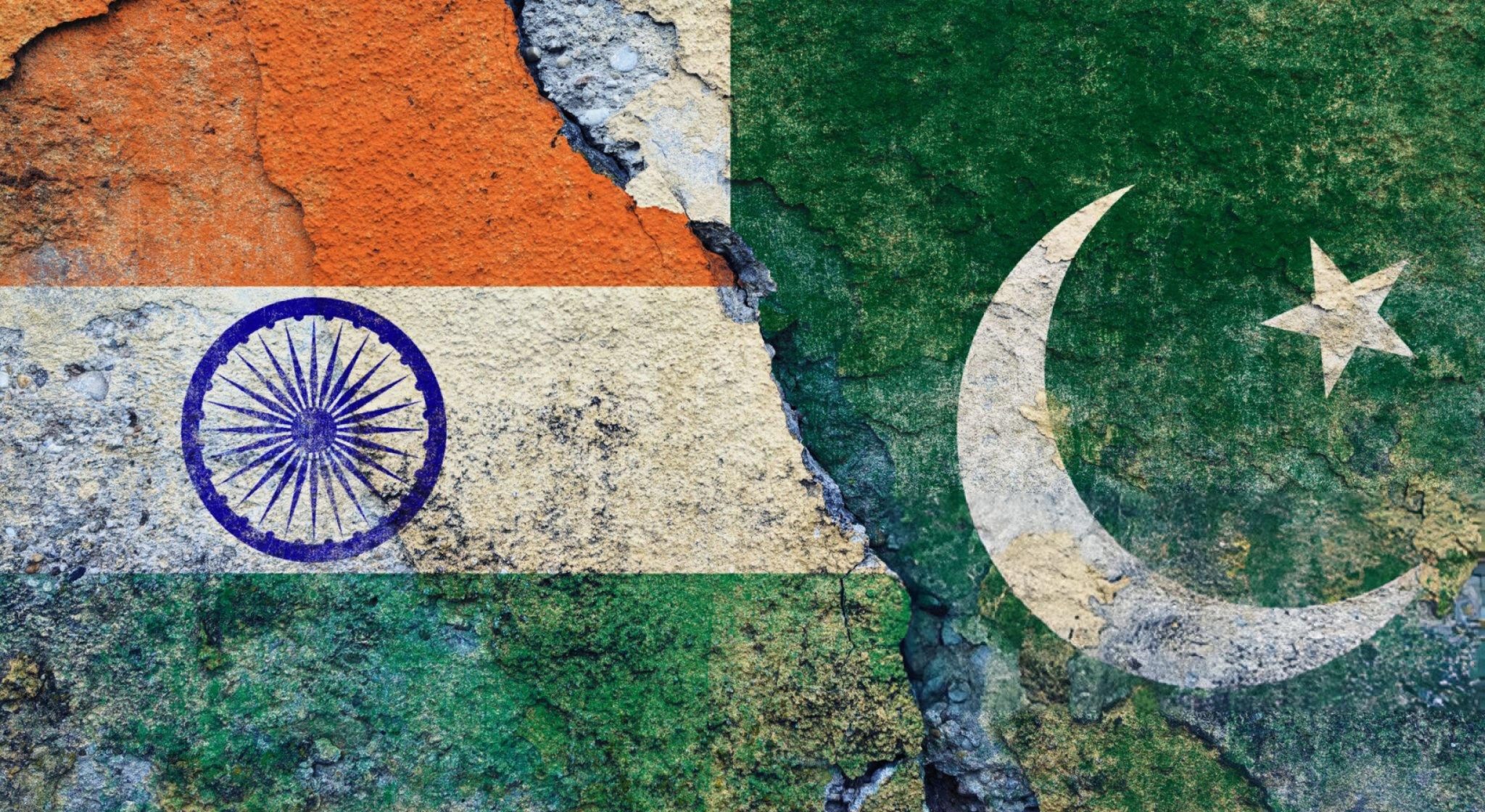UK politicians from across the political spectrum have expressed grave concern after India reportedly launched missile strikes across the border into Pakistani-controlled areas late on Monday night, killing at least eight people and injuring dozens more. The strikes, according to Pakistan’s military spokesperson Lieutenant General Ahmed Sharif, targeted six sites in Pakistan-administered Kashmir and the eastern Punjab province, including a mosque in Bahawalpur where a child was killed.
The incident marks a sharp escalation in hostilities between the nuclear-armed neighbours, who have long disputed control of the Kashmir region. Tensions have been simmering since last month, when militants attacked tourists in Indian-controlled Kashmir — an act India blames on Pakistan-backed groups, a claim Islamabad has vehemently denied.
In the UK, politicians have urged both sides to show restraint and seek diplomatic solutions. Former Foreign Office minister Lord Ahmad, who previously held the South Asia brief, warned that the “potential for war tonight is real,” calling for “urgent international engagement to prevent a widening of this conflict which carries serious implications not just for the region but for the wider world.”
Scotland’s First Minister John Swinney expressed his alarm over the developments, stating: “I am deeply concerned by the events in Kashmir tonight and urge calm and dialogue to avoid further conflict.”
Labour MP for Walthamstow, Stella Creasy, also voiced concern, writing on social media: “Deeply concerning to see military air strikes in Jammu Kashmir tonight by the Indian Government. Restraint by all concerned must be sought and secured. The world cannot stand by as the conflict spirals and the risk of harm to civilians in the region increases.”
Zarah Sultana MP, who currently sits as an Independent, condemned the Indian missile strikes, arguing they were in violation of international law. “India’s unprovoked strike on Pakistan is a violation of international law. With both being nuclear powers, this is reckless & a grave threat to regional peace,” she posted. While also condemning the recent militant attack in Pahalgam, she emphasised that no conclusive evidence linking Pakistan had been presented.
In response to the strikes, Pakistan’s Prime Minister Shehbaz Sharif said his country had a right to respond and would not tolerate “cowardly attacks” by its neighbour. “Pakistan has every right to give a robust response to this act of war imposed by India, and a strong response is indeed being given,” he said, accusing India of attempting to destabilise the region.
India’s Defence Ministry defended its actions, saying they were “focused, measured and non-escalatory”. The statement claimed nine sites linked to planned terrorist activity were struck, while avoiding any Pakistani military targets. “We are living up to the commitment that those responsible for this attack will be held accountable,” the ministry added, with the Indian Army posting on social media platform X: “Justice is served.”
In the aftermath, the Foreign, Commonwealth and Development Office (FCDO) updated its travel advice for the region, warning against all travel within 10 kilometres of the India-Pakistan border, and within 10 miles of the Line of Control and Pakistan’s Balochistan province. The Pakistani Civil Aviation Authority also announced a 48-hour closure of the country’s airspace, leading to diverted flights and disruption for travellers.
The FCDO advised British nationals to monitor the situation closely, stay informed via official updates, and follow instructions from local authorities.
With cross-border shelling reported from both sides and the Pakistani air force claiming to have shot down two Indian jets — a claim not confirmed by New Delhi — the situation remains volatile.
Observers fear that further provocation could plunge South Asia into another full-scale military confrontation. As the world watches with bated breath, the message from UK leaders is clear: diplomatic engagement must be prioritised over further escalation.






